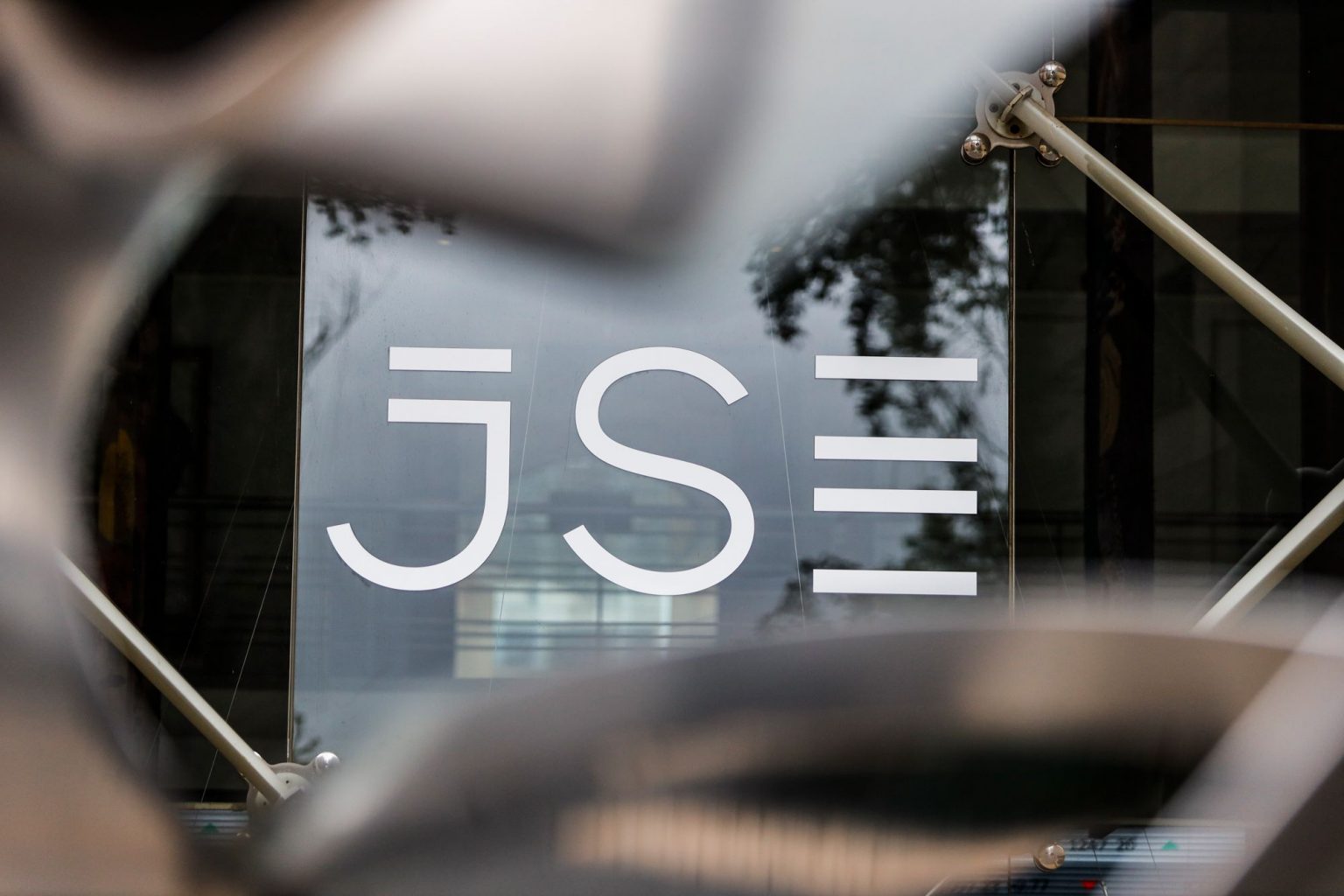Strong close to a rocky first quarter for the JSE

In a quarter filled with surprise monetary policy tightening in major economies, China’s reopening, and a mini banking sector rout in the US, the JSE finished the first three months of 2023 stronger, despite underperforming its global peers.
The JSE All Share Index closed the first quarter to end March 4.2% stronger.
In contrast, the US market, whose equities performed nearly two times better, gained 7.9% over the period.
This was despite contagion in the banking sector of the world’s largest economy, caused by the collapse of Silicon Valley Bank (SVB) and the hawkish stance of the US Federal Reserve, which looks set to continue being cautious, raising fears of more interest rate hikes.
Rate hikes
During the quarter, investors had to live with the reality of longer hiking cycles in advanced economies. The South African Reserve Bank, which shocked the market with a 50 basis points increase of the repo rate to 7.75% last week, is seen to follow suit.
“This, along with sticky inflation, should result in the repo rate remaining higher for longer with potential cuts only coming through towards the end of 2024,” Chantal Marx, head of investment research and content at FNB Wealth and Investments said in a market report.
“Upward risks to interest rates will stem from a higher peak in advanced economy rates, more adverse risk sentiment, a weaker rand, looser fiscal policy, and stickier inflation.”
JSE high point
The JSE, which reached record levels when it breached 80 000 points earlier this year, ended January 8.8% stronger. This was on the back of the sooner than expected reopening of the Chinese economy after the relaxation of its strict Covid-19 policies.
Anchor Capital CEO Peter Armitage said the quarter was defined by South African companies – particularly retailers and food producers – performing poorly and firms with global ties, especially to the Chinese economy, doing “pretty well”.
“You had Richemont, Naspers, and British American Tobacco, which all tend to be foreign currency denominated businesses with a swing towards China. And they’re all quite big in the index, so you saw that come through quite a bit,” Armitage said.
Resources dominated over the three-month period.
During the last month of the quarter, which was dominated by the mini banking crisis in the US, the JSE lost more than 2% as the collapse of major financial institutions injected panic in major markets.
Apart from the fall of SVB – which has since been bailed out – markets had to contend with Credit Suisse being on the brink of bankruptcy; it was later rescued by UBS.
Contrary to expectation, the spillover of the banking crisis in the US on South Africa’s banking stocks and “nervousness” around the banking world was limited, Armitage said.
“You saw our banks come off quite a bit, probably less than you’d expect,” he said, adding that it did however lead to the financial sector pulling the market down.
Returns on South African stocks were also mostly negative as electricity supply woes dampened sentiment, Rand Merchant Bank’s economic research indicated.
Leading the losses was the telecoms sector, falling 10.29% in March, followed by the financial sector, which dropped 6.23%
The JSE closed its trading session 1.10% firmer at 77 459 points on Tuesday.

